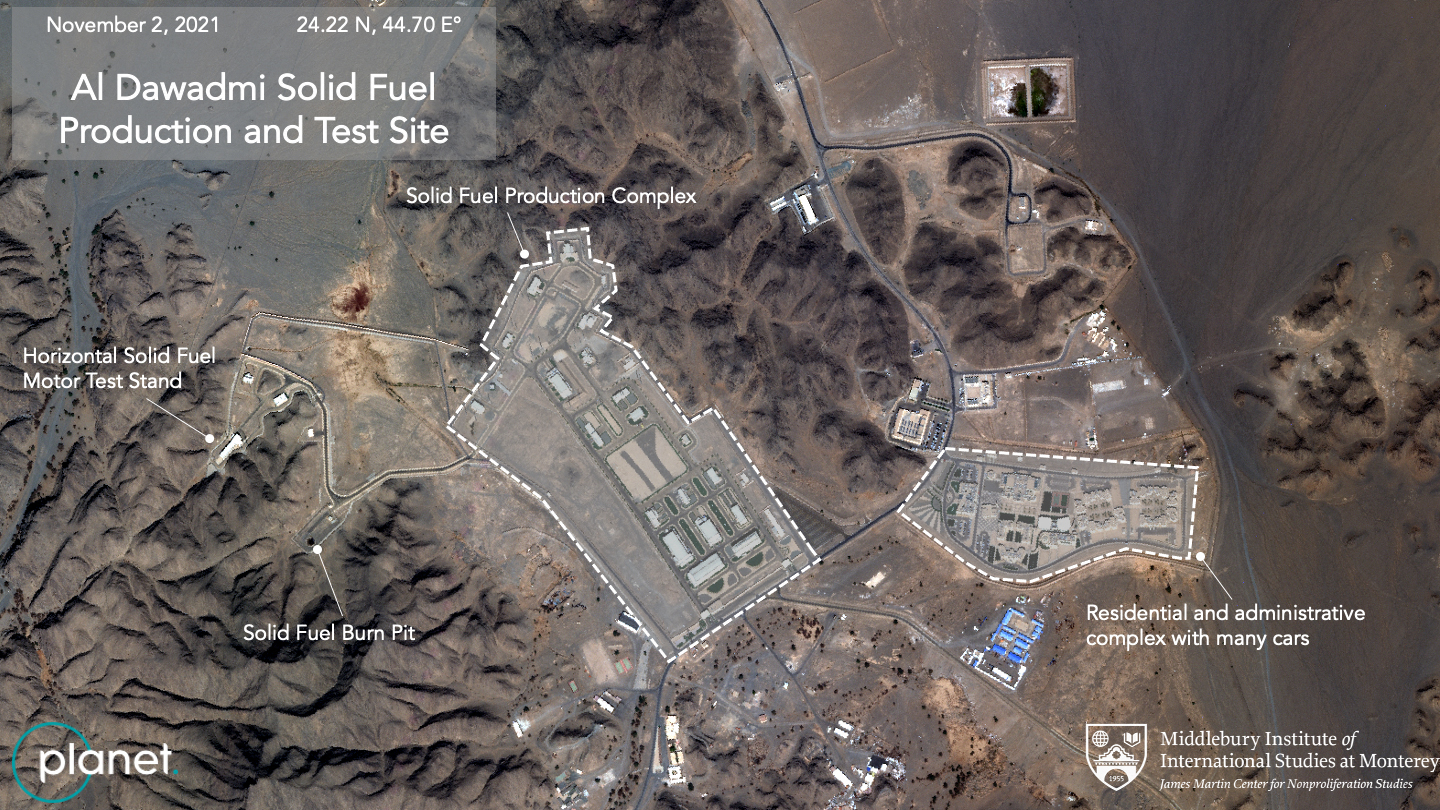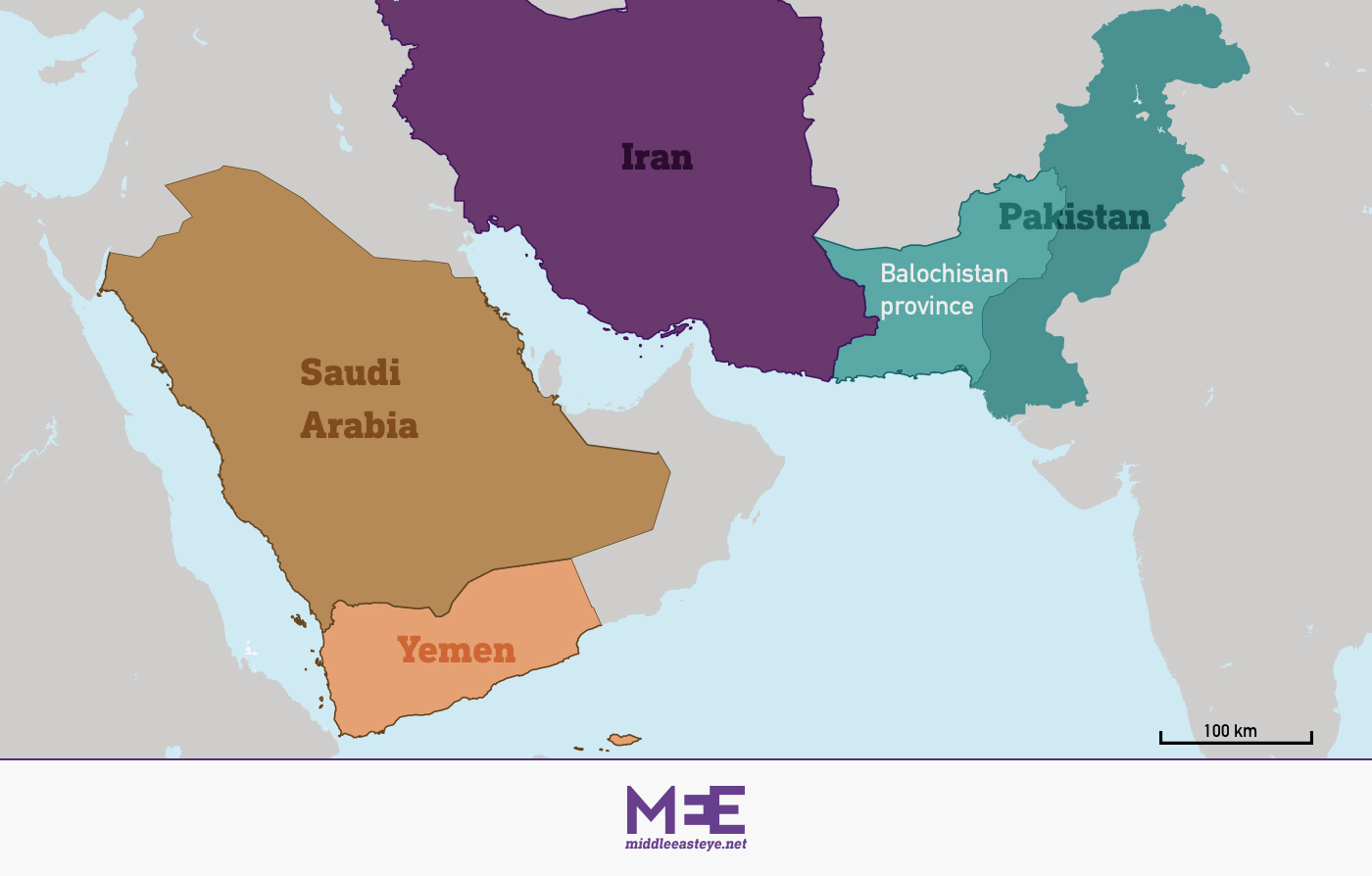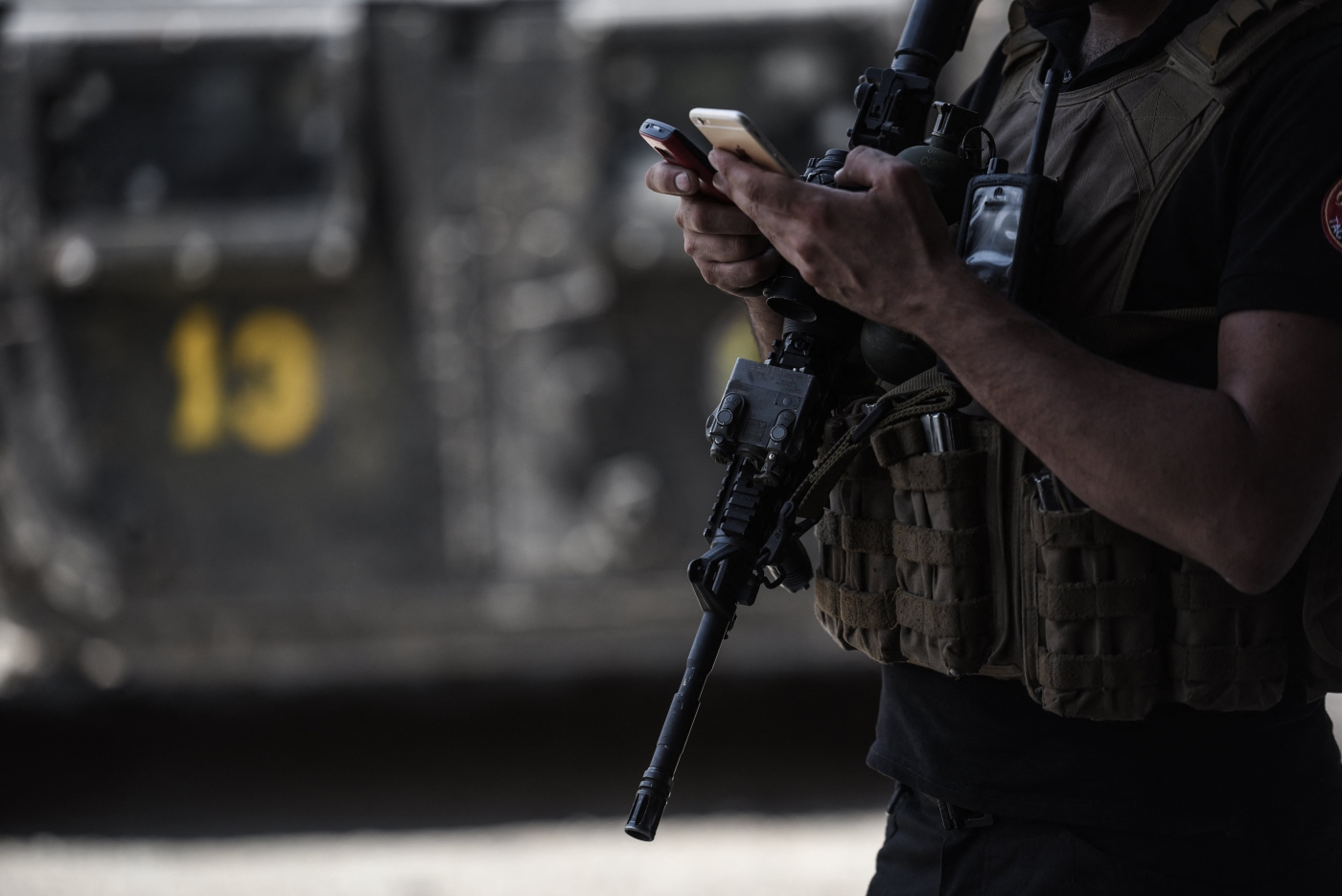Iraq: Kurds denounce 'unjust' oil and gas ruling as energy feud escalates
In unprecedented move, Iraq's Supreme Court orders Kurdistan region to cede control of all oil and gas to Baghdad

An Iraqi oil employee checks pipelines at the Bai Hassan oilfield, west of Kirkuk, 19 October 2017 (AFP)
By Alex MacDonald
Published date: 16 February 2022
The long-running saga of the Iraqi-Kurdish energy feud escalated late on Tuesday, when Iraq's autonomous Kurdish region hit back at an order by the country's top federal court for it to hand control of all of its oil and gas to Baghdad.
Earlier on Tuesday, the federal Supreme Court had ordered the Kurdistan Regional Government (KRG) to hand all crude oil in its territories and neighbouring areas directly to the federal government.
The KRG condemned the court ruling as "unjust", saying it "violates the rights and constitutional authorities of the Kurdistan region".
'This will likely not stop the Kurdistan Regional Government from selling its oil, but make it more difficult to sell' - Abdulla Hawez, researcher
"The Kurdistan Regional Government will not forfeit the rights of the Kurdistan region as codified in the Iraqi constitution, and will continue its attempts to reach a constitutional solution with the federal government on this matter," read a statement issued late on Tuesday.
Masoud Barzani, leader of the Kurdistan Democratic Party (KDP) and former KRG president, said in a statement that the move was an attempt to "antagonise the Kurdistan Region and the federal system in Iraq".
The court ruling declared all KRG contracts with oil companies invalid, including agreements on exploration, extraction, export and sales.
The KRG, officially recognised as an autonomous region of Iraq since 2005, has for decades been developing its oil and gas resources independently of the federal Iraqi government, passing its own oil law in 2007 to administer control of resources in its territory.
Abdulla Hawez, an Iraqi Kurdish journalist and researcher, told Middle East Eye that the Supreme Court's decision was very significant, as it marked the "first time in Iraq’s history that the top court... has ruled that the region’s oil and gas exporters are illegal".
A deal struck in 2019 between Baghdad and the Kurdish capital Erbil saw the KRG officially deliver 250,000 of its more than 400,000 barrels of oil per day to Baghdad, in return for its share of the federal budget, which is used to pay the salaries of civil servants and armed forces. However, the KRG has continued to maintain contracts with foreign oil companies independently of Baghdad - an arrangement that is now under threat.
"This will likely not stop the KRG from selling its oil, but it will make it more difficult to sell so it has to trade it at an even steeper discount," said Hawez. "This will increase the pressure on the KRG, which is already facing severe financial pressure."
A troubled relationship
Although there had long been tensions over the KRG's decision to independently sell its oil and gas, things deteriorated significantly after 2014, when the KRG's Peshmerga armed forces seized control of the city of Kirkuk after it was stormed by Islamic State (IS) fighters.
The KRG remained in control of Kirkuk and its lucrative surrounding oilfields until October 2017, when - in the wake of a controversial independence referendum in the Kurdish region - Baghdad's forces retook the city. Since then, the KRG has faced repeated economic crises - and government austerity measures have sparked a fierce backlash.

Iraq court orders Kurdistan to ship all oil to Baghdad
The latest argument also takes place against a backdrop of talks to form a new government in Iraq, following poorly attended parliamentary elections in October.
The KDP, the most powerful party in the KRG, has been in talks with the Sairoun alliance of influential Shia cleric Muqtada al-Sadr - which won the highest number of seats in October - over forming what Sadr has called a "national majority government".
The proposed alliance, which has also seen discussions with Sunni political parties, has excluded other Shia parties, prompting an angry response.
Taif Alkhudary, a researcher at the London School of Economics Middle East Centre, told MEE that in the midst of all this, the court's move was potentially an attempt to "put pressure on Barzani, and it's also a means for the federal court to establish itself as an independent and important actor".
Whoever comes out on top in the government formation will be in charge of a country that is the second largest oil producer in the Organization of the Petroleum Exporting Countries (Opec).
The Supreme Court ruling came a day after France’s TotalEnergies struck a $27bn deal with Iraq that Baghdad hopes could reverse the exit of oil majors from the country. According to Reuters, Iraq expects the deal to be completed from March onwards.
Iraq court orders Kurdistan to ship all oil to Baghdad
The ruling declared the Kurdish Regional Government's contracts with oil companies invalid, including exploration, extraction, export, and sales agreements

Workers walk past installations at the Basrah Gas company, at Khor al-Zubair in Iraq's southern Basra governorate, on 22 September 2021 (AFP)
By MEE and agencies
Published date: 15 February 2022

The top federal court in Iraq ordered Iraqi Kurdistan to deliver all of the oil it produces to Baghdad, calling the autonomous region's oil and gas law unconstitutional.
The Kurdish Regional Government (KRG) has been developing oil and gas resources independently of the federal government, and in 2007, it created its own oil law that established how the region would administer the resources.
On Tuesday, the court’s decision stated that the Kurdish government must hand over all crude from the KRG and neighbouring areas directly to the federal government, represented by the oil ministry in Baghdad.

Iraq’s KDP isn’t after the presidency. It wants Kirkuk insteadRead More »
The ruling declared KRG contracts with oil companies invalid, which includes exploration, extraction, export and sales agreements.
This comes a day after France’s TotalEnergies (TTEF.PA) and Baghdad struck a $27bn deal in hopes of reversing the exit of oil majors from the country, Reuters reported. Iraq expected the deal to be completed sometime from March onwards.
Kurdistan leader, Masoud Barzani, described the federal court’s opinion as “purely political” and contrary to the Iraqi federal constitution. “The aim of it [the court’s decision] is to antagonise the Kurdistan Region and the federal system in Iraq,” Barzani, the leader of the ruling Kurdistan Democratic Party, said.
“We hope that the governments of Iraq and the Kurdistan Region will be able to overcome the obstacles and agree on the oil and gas file,” Barzani added in a statement.
Oil and gas are valuable to Iraq’s economy, which is the second-largest producer in the Organization of the Petroleum Exporting Countries (OPEC).
In 2020, Iran produced less than two million barrels per day of crude oil, and that was a 40-year low, according to the US Energy Information Administration. According to The Law Reviews, if the Kurdistan region “were an independent country, the amount of oil and gas reserves would place it among the top 10 oil-rich countries in the world”.
The Kurdish region delivers 250,000 of its more than 400,000 barrels of oil per day to Baghdad, in return for its share of the federal budget, as per a deal between Baghdad and the Kurdish capital Erbil, AFP reported. The share is used to pay the salaries of Kurdish civil servants and Peshmerga fighters.
The ruling could reignite long-standing tensions, with Kurdish authorities unlikely to comply, given years of disputes over Baghdad's share of Kurdish petrol.






















